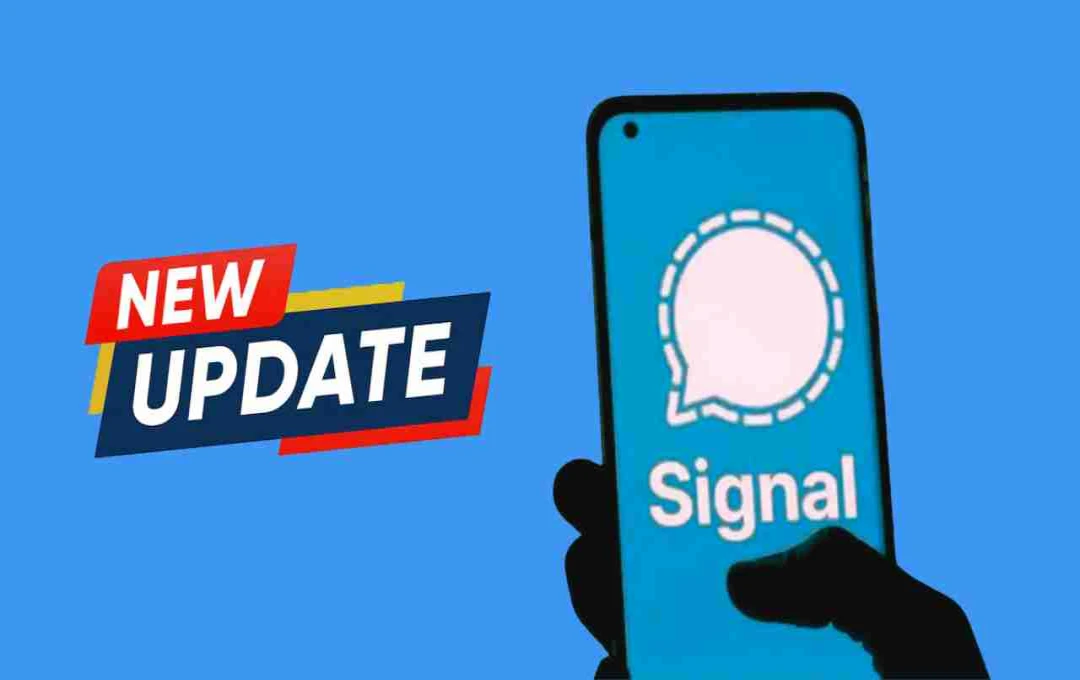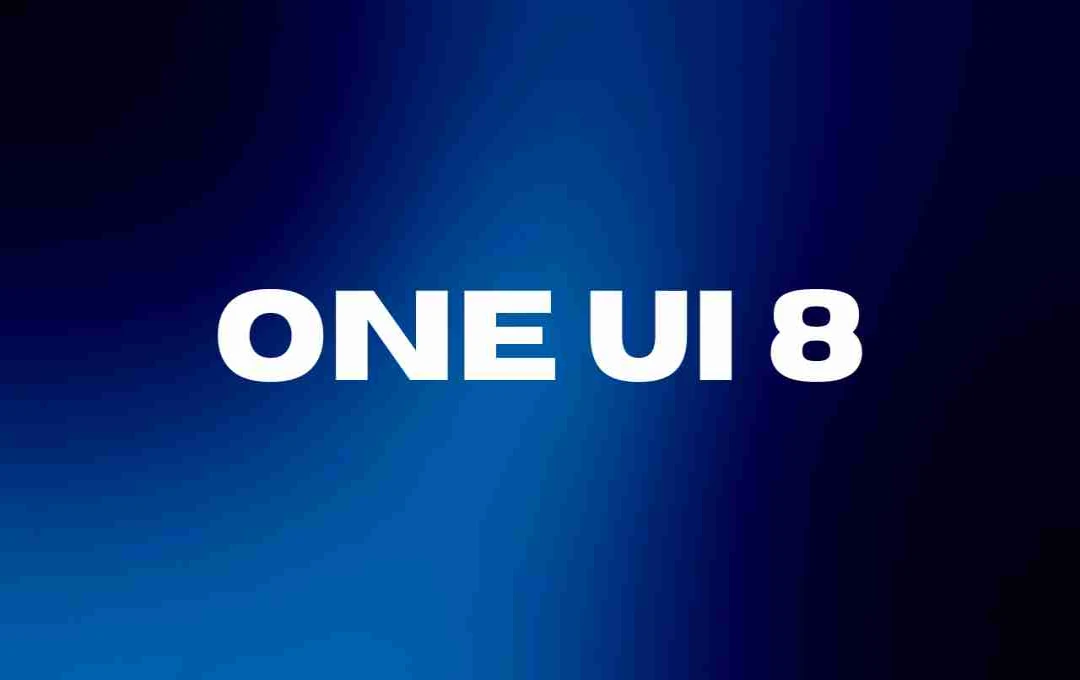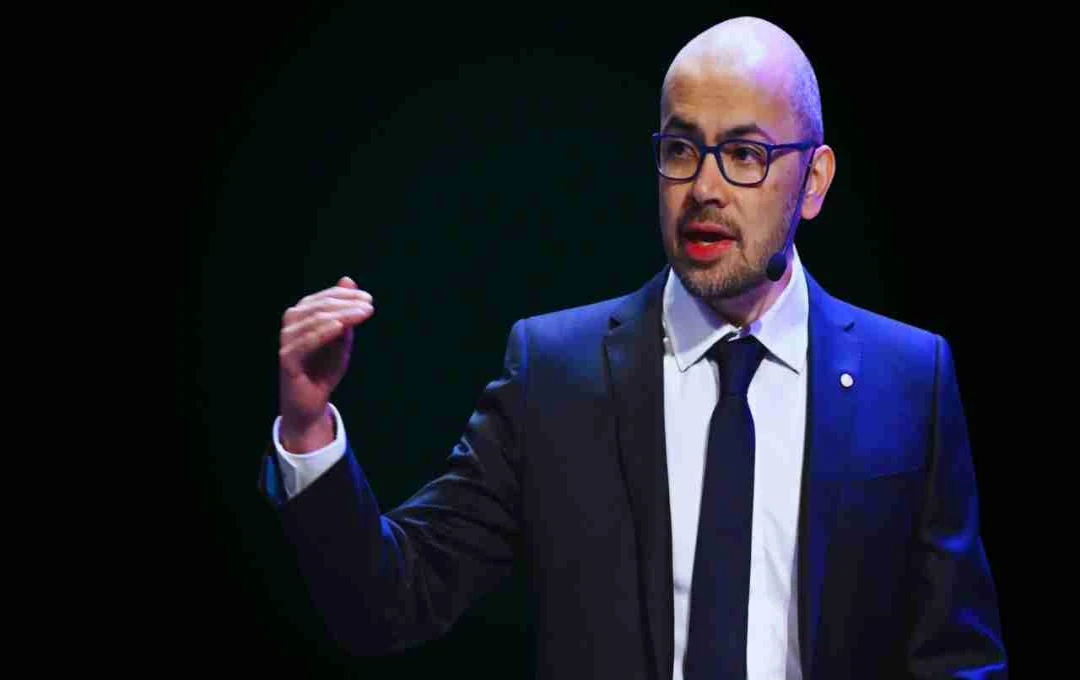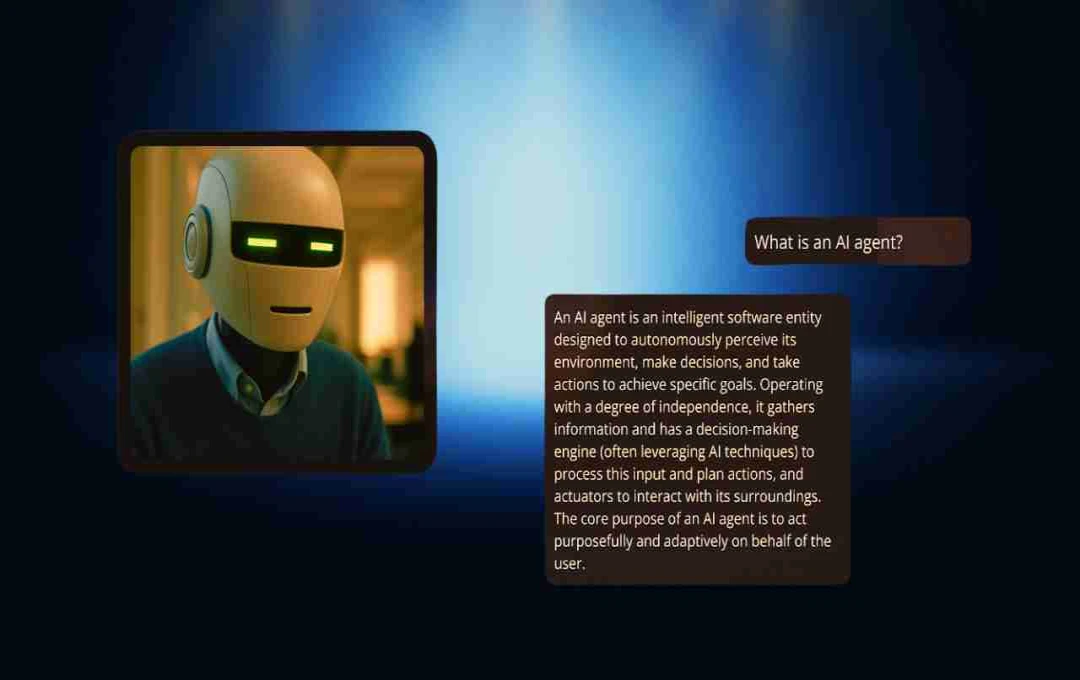The privacy-focused messaging platform Signal is once again in the spotlight for its privacy-first policies. This time, Signal has released an update for Windows 11 users that directly challenges Microsoft's new AI-powered Recall feature. Signal has added a new feature to its desktop app called "Screen Security," further strengthening the security of its chats.
This update ensures that no application—including Microsoft's Recall feature—can take screenshots of encrypted chats. This move by Signal is being viewed as a technological battle between privacy-focused apps and large tech companies that process user data in the name of AI.
What is Signal's new update?
On May 21st, Signal developer Joshua Lund announced via a blog post that Signal's desktop version on Windows 11 now includes a new feature called 'Screen Security.' This feature is enabled by default and notably prevents Microsoft's Copilot+ PC Recall feature from taking screenshots of Signal chats.
The Screen Security feature is based on DRM (Digital Rights Management) technology—the same technology used by streaming companies like Netflix to prevent copying of their videos. Signal has now applied this to text and chat privacy.
Why is the Recall feature controversial?
The Recall feature is part of Microsoft's AI strategy. It takes screenshots of the user's screen every few seconds, saving them to a searchable database. It claims to help users find websites, documents, or chats by taking them to the exact visual representation.
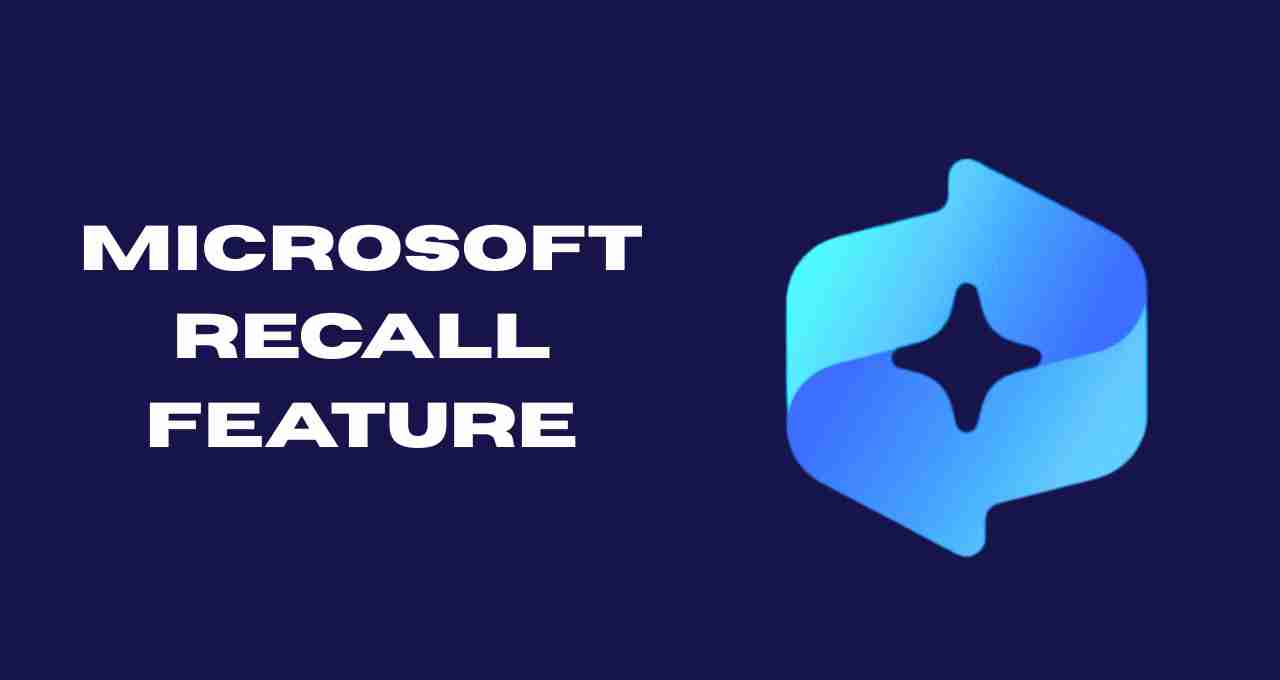
However, its introduction sparked concern among privacy experts and the tech community. Concerns arose that it could store highly sensitive data without restriction. This led Microsoft to delay the feature twice before making it opt-in (requiring user approval).
Although Microsoft has incorporated data encryption and sensitive content filters to improve Recall, Signal remains unconvinced.
Joshua Lund's statement: 'No other option remained'
In his blog post, Signal developer Joshua Lund clearly stated that Microsoft's new Recall feature poses a serious privacy threat. He explained that while Microsoft has made several changes over the past year, this new feature remains problematic for apps prioritizing user privacy, such as Signal. Recall takes screenshots every few seconds, increasing the risk of leaking private conversations or sensitive information.
Lund further stated that Microsoft left them with no other choice, forcing them to include the Screen Security feature by default in the Signal app on Windows 11. While some users might experience slight changes in app functionality, Signal prioritizes user privacy. Lund stated they will ensure user data security at all costs, regardless of the technical effort required.
How does Signal's Screen Security feature work?
This feature relies on DRM technology. DRM is typically used to prevent copying of digital content like videos and music. Signal has applied this technology to text-based chats to prevent any third-party tools or features—like Microsoft's Recall—from capturing screen images of these chats.
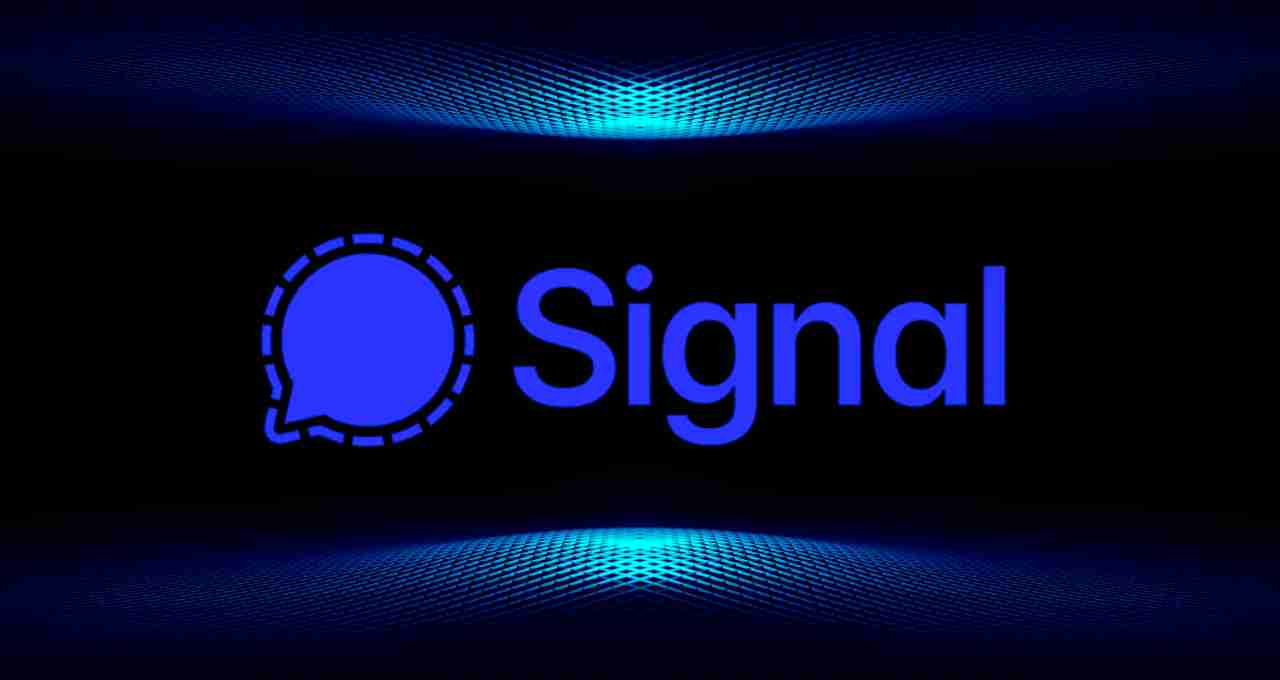
Microsoft's own developer guidelines clearly state that if an app uses DRM, features like Recall won't be able to capture its content. Therefore, Signal's action doesn't violate any rules or policies but rather represents a sensible use of available security measures.
What does the technology community say?
Signal's new update has been widely praised by the technology community. While many companies track user data for advertising and analytics, apps like Signal are rare in prioritizing user privacy. This is why it's considered a responsible and trustworthy step.
Cybersecurity experts believe that if other apps also use DRM technology like Signal, the reach of features like Microsoft's Recall would be automatically limited. This would give users more control over who can see their screen or chats.
Is this a warning to Microsoft?
Signal's move not only enhances user security but also signals to large companies like Microsoft that users are more privacy-conscious than ever. The Recall feature, while presented as a technological advancement, remains questionable in its reliability among users and developers.
Signal's update demonstrates that privacy-focused apps are now taking technical measures, not just issuing warnings. This will force companies like Microsoft to take user consent and transparency more seriously in their features.
Signal's new update serves as a warning to the tech industry that compromising user privacy is no longer acceptable. This security feature launched in Windows 11 not only strengthens Signal but also highlights the limitations of features like Microsoft's Recall.
